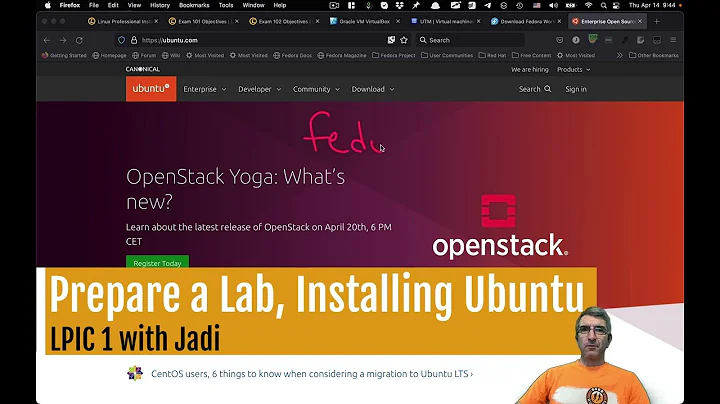redhat vs debian/ubuntu system architecture (& not deb vs rpm)?
Two key differences, but the grouping is slightly different:
Debian/Ubuntu LTS, RHEL/CentOS, SLES are geared towards stability (longer release cycles and maintenance) while Ubuntu, Fedora, OpenSUSE give preference to features over stability. Note that this is in the sense of three-plus nines, i.e. 99.9x% and higher - Ubuntu, Fedora and OpenSUSE are still reasonably stable, but the software in the more conservative distributions is more tested due to being older, so it's likely to have less bugs.
Ubuntu, Fedora, OpenSUSE use upstart/systemd while the other ones stick to SysV-like init (at least for now).
Each of the distributions has different system configuration tools.
Related videos on Youtube
steffleo
Updated on September 18, 2022Comments
-
steffleo over 1 year
What are the key areas (except package management) where Fedora/RHEL/CentOS differ from Debian/Ubuntu Linux systems? I'm asking this from a newbie's perspective to the Linux admin world so that I can make a more informed choice.
EDIT: Let me rephrase, how does the organization of /etc, /proc, /dev , boot process etc differ in debian and redhat?
-
 Admin almost 11 yearsThe statements here range from uninformed to absurd. Though I prefer Debian, these are not factual reasons for its superiority.
Admin almost 11 yearsThe statements here range from uninformed to absurd. Though I prefer Debian, these are not factual reasons for its superiority.




